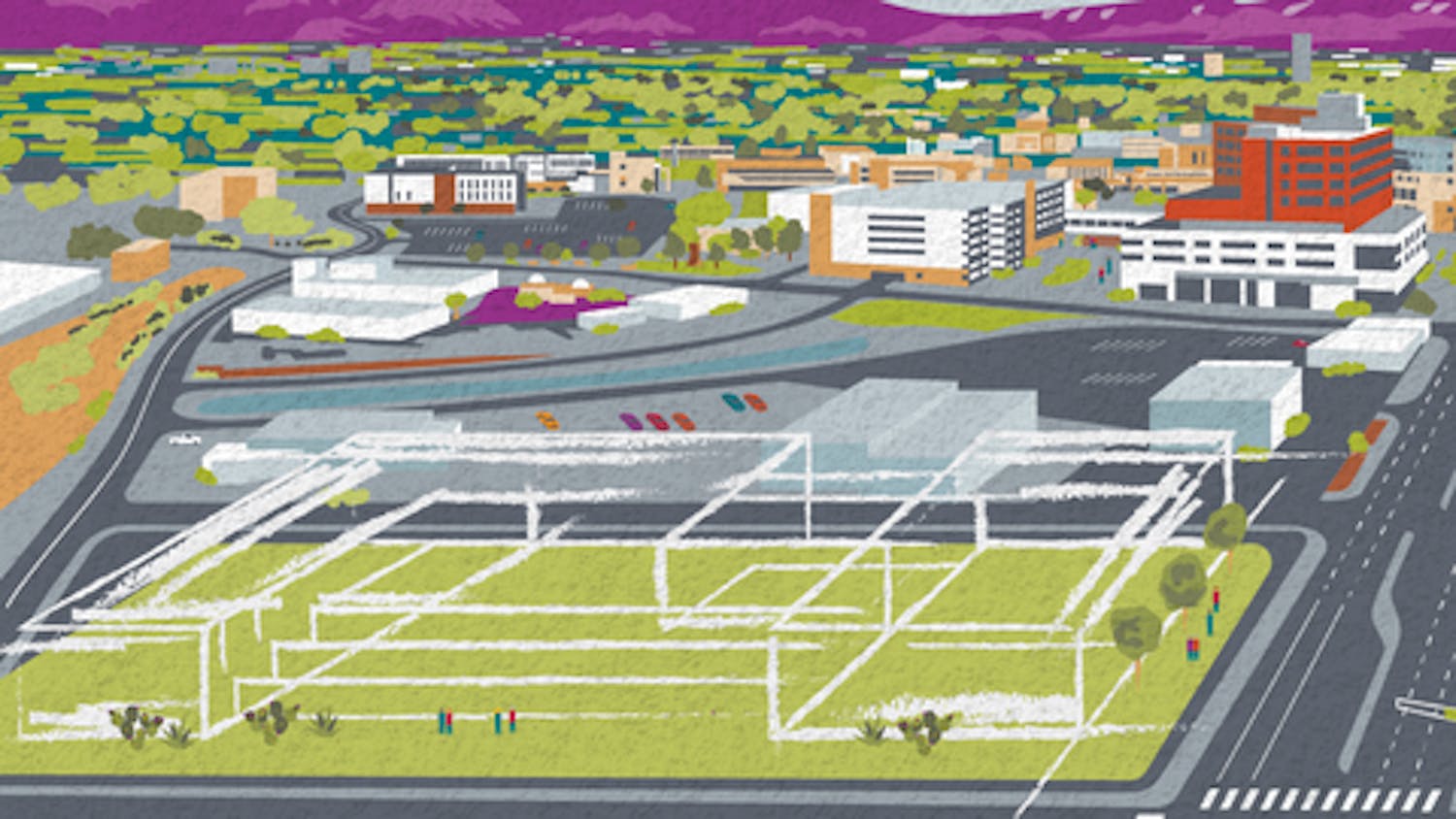While the economy is reeling from a sluggish third quarter and recent terrorist attacks on the East Coast, a local economist says that many expect a short recession with a quick rebound.
Larry Waldman, a senior economist with UNM's Bureau of Business and Economic Development, said that most analysts expect a rough fourth quarter, then a quick turnaround in January and February.
"It's all speculation right now and sort of teeters on political events, but people are scared and patriotic, so consumer confidence has dropped," he said. "People are a little wary about spending money, but once that fear wears off, you still have patriotism and their government leaders are telling them to spend, which will help pull us out of the slump."
Waldman said the economy was on the brink of a recession, which is three or more consecutive quarters of decline in the Gross Domestic Product, but the terrorist attacks just as the third quarter was about to end pushed it over the edge.
"We already were sort of slowing down and no one knows whether we would have gone into a recession or not," he said. "The attacks didn't help because people got really scared. It was not only a hit to a major financial center physically, but it also was a hit on consumer confidence, which drives our economy."
Waldman did note that the recession is coming on the heels of the longest expansion in U.S. history. He said that a combination of interest rate cuts nationally and internationally should help speed recovery.
Get content from The Daily Lobo delivered to your inbox
While New Mexico was far physically thousands of miles away from the terrorist attacks, Waldman said that it has already begun to hit the local economy - especially at the airport. He said that while his office is still working on a formal study assessing the impact the attacks had on New Mexico, the travel and tourism industry has already begun reporting problems.
About 100,000 airline employees have been laid off thus far nationwide, which Waldman said correlates to roughly 700 New Mexico employees losing their jobs.
"The state has three travel call centers, so you have to expect that there will be declines there, declines at the airport because it will become more expensive to fly and people are afraid of flying and at hotels because people aren't traveling," he said.
He added that the drop in travel also will likely lead to a decline in the retail sector, which he said will also be hit by people's drop in confidence following the attacks.
"We have to get past that fear factor because that's what driving a large part of our problems right now," he said.
Waldman said one of the better gauges of how hard New Mexico will be hit by the attacks will come when the city is able to assess how well it does during the upcoming balloon festival.
"That's a huge event for the city and the state," he said. "The FAA has lifted bans and cleared the balloons to fly as freely as they normally would. The question is how many people will come. That will tell us what to look out for in the future."
The Convention and Visitors Bureau does not have firm data yet, but expects to generate information later this week about the number of conferences cancelled locally, which will have an impact on hotel and airport traffic.
"I think that New Mexico will have to try recruiting tourists from the Southwest," Waldman said. "You may not be able to get people from the East Coast to fly here, but you can probably capitalize on those people looking to get away who are in driving distance."
Waldman said it is a little early for May graduates to be worrying about how the downturn will affect the job market because things could be much different by January.
"If you're in the engineering and management fields, I think jobs will be available," he said. "If you're more liberal arts or humanities, you may have a harder time finding work."
The end of the Big-I construction project next year, will automatically flood the market because a lot of people will be looking for work again, Waldman said.
"When the unemployment index goes up, the job market gets tighter and it does become harder to find jobs, but it's early to making forecasts for next spring," he said. "All I can say is that people really should plan ahead and spend whenever they can. Those things really will help."





